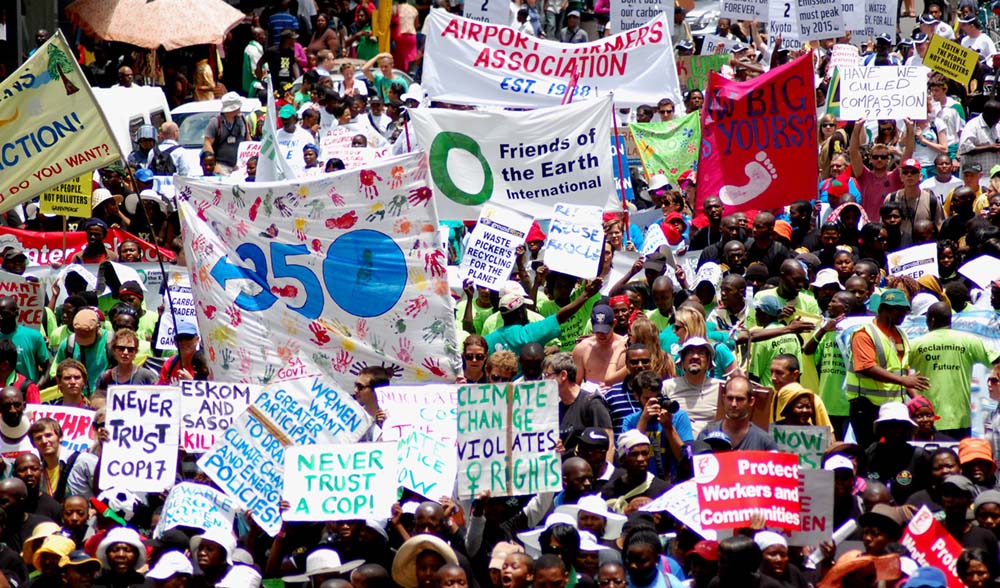In advance of the UN’s COP26 climate conference, which will convene in Glasgow next month, a Global Citizens’ Assembly on the world climate and ecological crisis has been launched with the participation and support of leading individuals such as Alok Sharma and Bob Watson, both past chairs of the United Nations Intergovernmental Panel on Climate Change.
The Global Citizens’ Assembly is modeled on national-level citizens’ assemblies created in recent years in France, the United Kingdom, and other countries to advise their governments on climate issues and other matters. The founders of the Global Citizens’ Assembly say theirs is the first such assembly on a worldwide scale. The assembly is supposed to develop policy recommendations addressed to the UN and world leaders.
At the online launch of the assembly on October 5, Watson told the participants according to Reuters that “your voices represent the people of the world, and it is vital that governments and the business community hear your concerns – they need to listen to you. They need to hear that we need a more equitable world, and that nobody is left behind. The time for action – not talking – is now.”
Participants will be representative of the world population and selected by lottery
UN Secretary-General António Guterres lauded the effort, saying, “The Global Citizens’ Assembly for COP26 is a practical way of showing how we can accelerate action through solidarity and people power. You are helping to send the message loud and clear: people everywhere want bold, ambitious climate action, and now is the moment for national leaders to stand and deliver.”
The Global Citizens’ Assembly will consist of a 100-person ”core assembly” as well as ”community assemblies” that supporters can create in their own regions using a step-by-step toolkit crafted by the organizational team.
The core assembly is intended to represent a snapshot of the current global population in line with the concept of citizens’ assemblies. In this case, sixty percent of participants will come from Asia, and 17% from Africa. The core assembly will be evenly split between men and women, and 70% of members will have incomes of $10 per day or less.
Pools of potential core assembly members have been recruited around the world, and the 100 members will be selected by lottery, within the demographic parameters. They will be supported in their work “by an international team of leading scientists and indigenous wisdom keepers.” Core assembly members will receive translation and technical support, as well as a stipend.
According to a media release, co-organizer Claire Mellier emphasized that “the global citizens’ assembly is not a campaign or NGO, it’s a new operating system for global governance”, adding that ”our existing governance system was built for an earlier age and doesn’t have the capacity to deal with the climate and ecological crisis that the world is facing”.
Democracy Without Borders’ Executive Director Andreas Bummel commented that “this Global Citizens’ Assembly on climate policy is a great project that deserves full support. Citizens’ assemblies of this kind should be a permanent feature in the consultative toolbox of the UN. They complement other important measures to make the UN more inclusive and democratic, such as the establishment of the UN World Citizens’ Initiative instrument and an elected UN Parliamentary Assembly.”
A separate project led by a team at the University of Canberra is working on a global citizens’ assembly to discuss regulation of genome editing. This assembly hasn’t yet convened, however.




